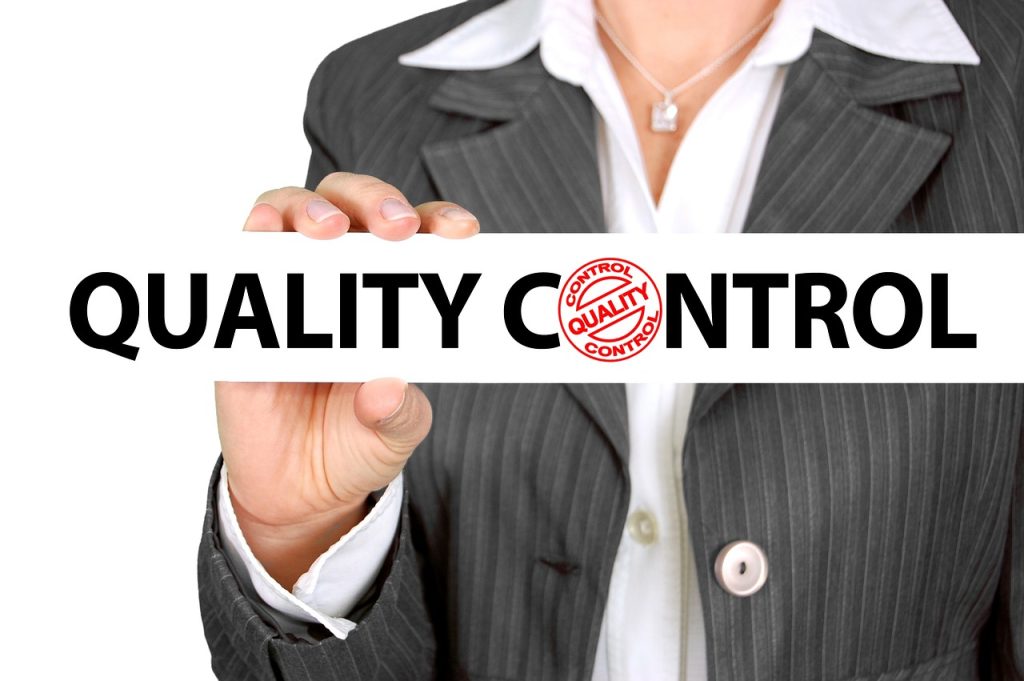Restaurant online reputation management refers to using different strategies to control how your restaurant is perceived online. This includes monitoring and responding to reviews on platforms like Yelp, Google, and TripAdvisor, actively managing your social media accounts, and making sure that your customers enjoy consistently good experiences. Restaurant review management requires you to have a proactive approach to building a positive online reputation.
Why Restaurant Reputation Matters?
Building Trust and Loyalty
Positive online reviews play a significant role in shaping customer decisions. Surveys show that 90% of customers rely on positive online reviews when selecting a restaurant. A strong online reputation fosters trust among potential customers and encourages loyalty among existing patrons. People are more likely to dine at a restaurant with favorable reviews and recommendations from others.
Gaining Competitive Advantage
In a competitive market, a stellar online reputation can set your restaurant apart from the competition. Studies indicate that 63% of consumers prefer local restaurants over large chains if they have reputable online reviews. Positive word-of-mouth and glowing reviews give your restaurant a distinct competitive edge, attracting more customers and driving revenue.
Impact on Revenue
Your online reputation directly correlates with your restaurant’s bottom line. Customers are willing to spend more at restaurants with positive reviews and are more likely to become repeat patrons. Conversely, a poor online reputation can deter potential customers and lead to revenue loss. An estimated 43% of customers would not revisit a restaurant if their management services were poor.
Strategies to Improve Your Restaurant’s Reputation
1. Deliver Exceptional Customer Service
Exceptional customer service is the cornerstone of a positive reputation. Train your staff to provide friendly, attentive service and address customer concerns promptly. A satisfied customer is likely to leave positive online reviews and recommend your restaurant to others.
2. Monitor and Respond to Reviews
Actively monitor reviews on various platforms and respond promptly, both to positive and negative feedback. This shows that you value customer input and are committed to providing excellent service. Apologize sincerely for any negative experiences and offer solutions to address concerns.
3. Maintain a Strong Online Presence
A vibrant and engaging online presence is essential for effective reputation management. Regularly update your social media profiles with appealing content and interact with your audience to build a loyal following. This helps keep your restaurant top-of-mind and encourages customer engagement.
4. Ensure Consistency
Consistency is key to maintaining a positive reputation. Ensure that every aspect of the dining experience, from food quality to service, remains consistent across visits. This builds trust and reliability among customers, encouraging repeat business and positive online reviews.
5. Encourage Customer Feedback
Proactively seek feedback from customers to understand their experiences and identify areas for improvement. Provide multiple channels for feedback, such as comment cards and online surveys, and encourage customers to leave reviews on popular platforms.
6. Handle Complaints Gracefully
How you handle complaints can significantly impact your online reputation. Train your staff to address complaints calmly and professionally, offering solutions to rectify any issues. Handling complaints gracefully demonstrates your commitment to customer satisfaction and can turn a negative experience into a positive one.
7. Engage with the Community
Engaging with the local community can enhance your restaurant’s reputation. Participate in community events, sponsor local initiatives, and support charitable causes to build goodwill and positive associations with your brand.
8. Leverage Positive Publicity
Promote any positive press coverage, awards, or accolades your restaurant receives. Share customer testimonials and success stories on your website and social media platforms to showcase your restaurant’s strengths and enhance your online reputation.
9. Implement Loyalty Programs
Offer loyalty programs to incentivize repeat business and reward loyal customers. Provide discounts, special offers, or exclusive perks to encourage customer loyalty and enhance their overall experience.
10. Keep Your Promises
Consistently deliver on your promises, whether it’s offering high-quality food, excellent service, or special promotions. Upholding your commitments builds trust and credibility, essential components of a positive online reputation.
In conclusion, effective restaurant online reputation management is crucial for attracting and retaining customers in today’s digital age. By delivering exceptional service, actively engaging with customers, and maintaining a strong online presence, you can enhance your restaurant’s reputation and drive business success. Remember, a positive reputation is earned through consistent effort and a genuine commitment to excellence.




